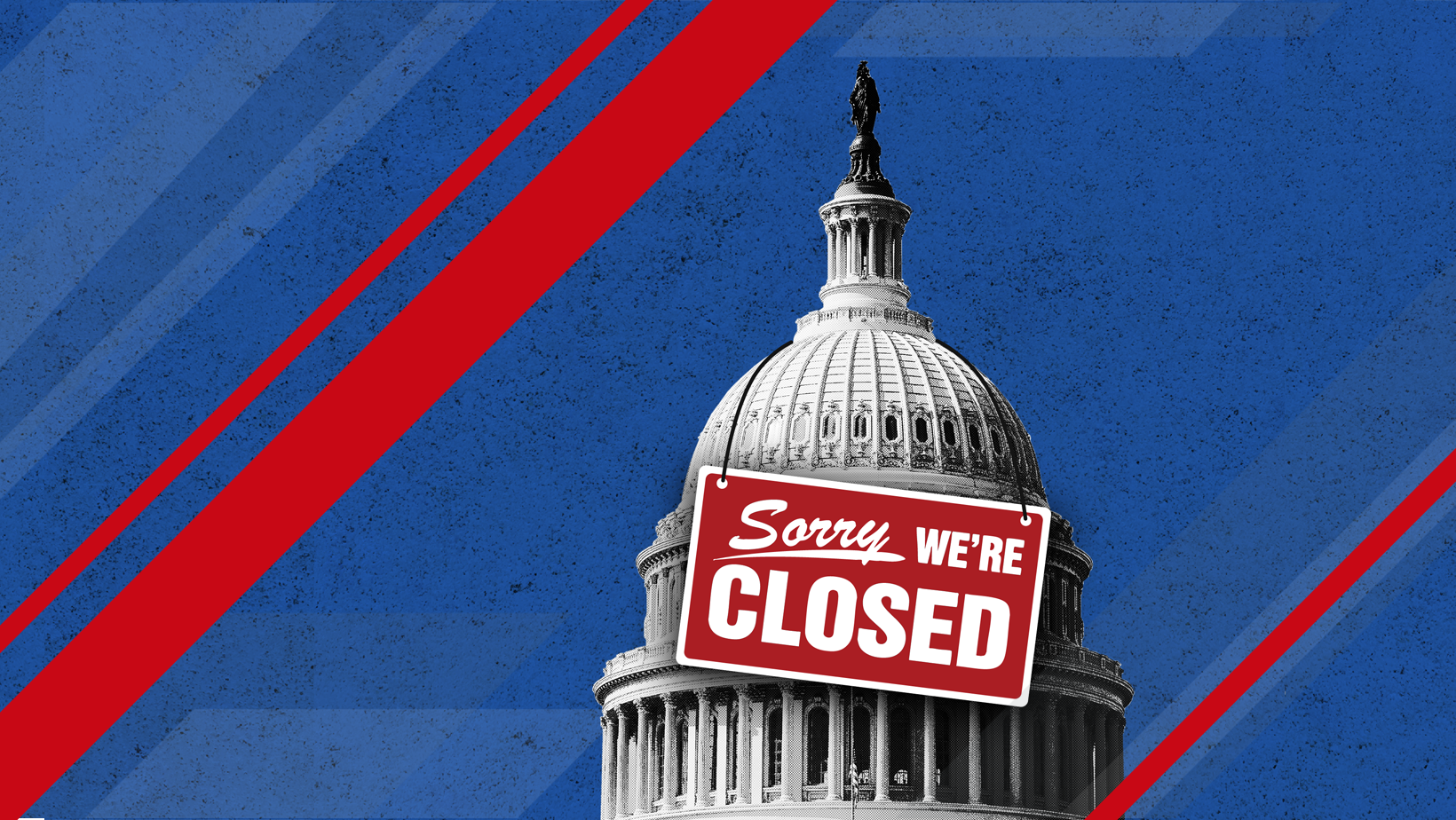U.S. Government Shutdown Extends, Subsidy Talks Stall, No End In Sight
The U.S. government shutdown enters its tenth day as Senate negotiations stall over Obamacare premium tax credits extension and government funding, impacting federal employee pay and military personnel.


